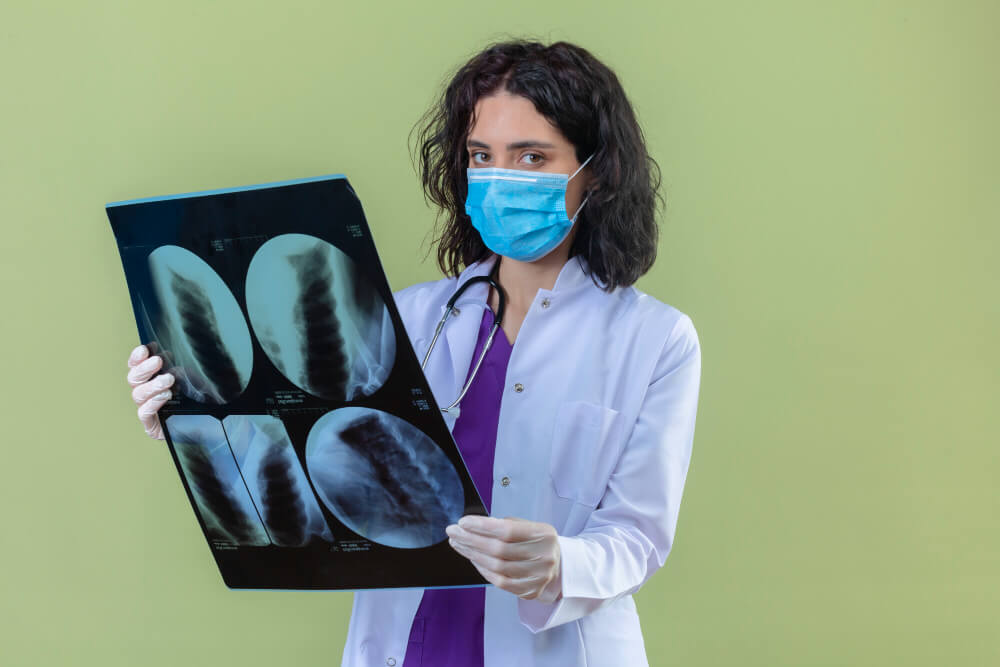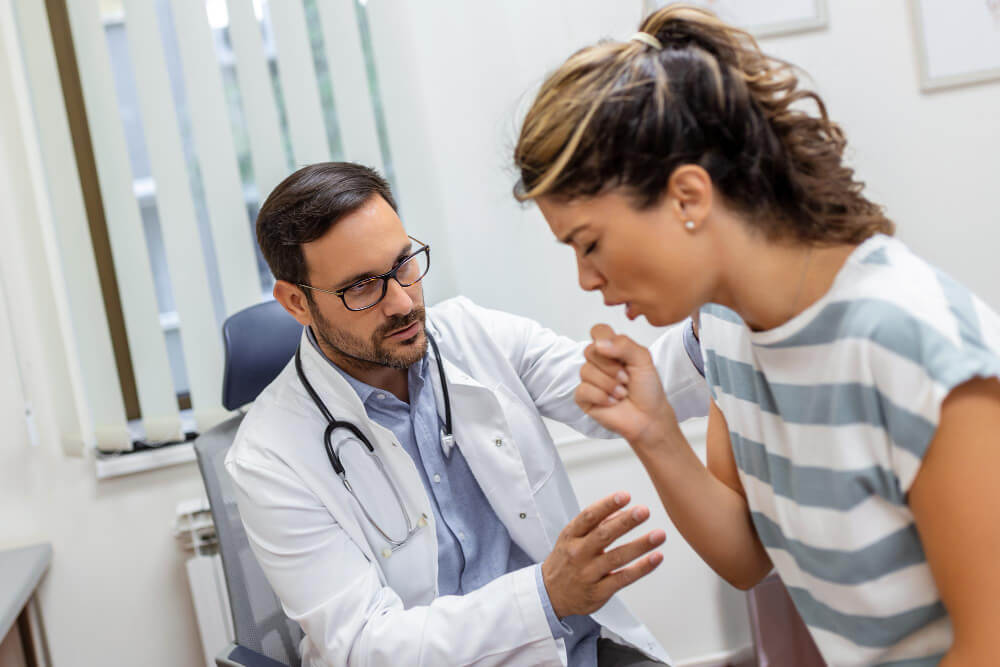Post-COVID Lung Damage: Understanding and Management
The COVID-19 pandemic has had a profound impact on global health, with many individuals experiencing long-term health consequences. One of the most prevalent issues is post-COVID lung damage, characterized by persistent respiratory symptoms and reduced lung function. Understanding the complexities of this condition is essential for effective management and recovery.
Symptoms of Post-COVID Lung Damage
The symptoms of post-COVID lung damage can vary widely in severity and duration:
Respiratory Symptoms
- Shortness of breath
- Cough
- Chest pain
- Wheezing
- Fatigue
Other Symptoms
- Brain fog
- Difficulty concentrating
- Muscle aches
- Joint pain
- Sleep disturbances
Causes of Post-COVID Lung Damage
The exact mechanisms underlying post-COVID lung damage are still being investigated, but several factors may contribute:
- Direct Viral Injury The virus itself can cause damage to lung tissue.
- Inflammatory Response An overactive immune response can lead to inflammation and lung damage.
- Blood Clots Blood clots in the lungs can reduce oxygen flow and impair lung function.
- Psychological Factors Anxiety and depression associated with COVID-19 can exacerbate respiratory symptoms.
Diagnosis and Evaluation
Diagnosing post-COVID lung damage involves a comprehensive evaluation:
- Medical History A detailed review of COVID-19 infection and subsequent symptoms.
- Physical Examination Assessing lung function and identifying any abnormalities.
- Pulmonary Function Tests Measuring lung capacity and airflow.
- Imaging Studies Chest X-rays or CT scans to evaluate lung damage.
- Blood Tests Checking for inflammation or other underlying conditions.
Managing Post-COVID Lung Damage
Treatment for post-COVID lung damage focuses on managing symptoms and improving lung function:
- Pulmonary Rehabilitation Exercise programs designed to strengthen respiratory muscles and improve endurance.
- Medications Bronchodilators, corticosteroids, or other medications may be prescribed based on symptoms.
- Oxygen Therapy Supplemental oxygen may be necessary for severe cases.
- Lifestyle Modifications Quitting smoking, maintaining a healthy weight, and managing stress.
- Psychological Support Addressing anxiety and depression associated with long-term symptoms.
The Road to Recovery
Recovery from post-COVID lung damage is a gradual process. Patience, persistence, and a comprehensive treatment plan are essential:
- Time and Rest Allowing the body sufficient time to heal.
- Gradual Exercise Starting with low-impact activities and gradually increasing intensity.
- Monitoring Symptoms Tracking symptoms and seeking medical attention if they worsen.
- Support Groups Connecting with others who have experienced similar challenges.
Post-COVID lung damage can be a challenging condition, but with appropriate care and support, many individuals can experience significant improvement in their lung function and overall well-being.


